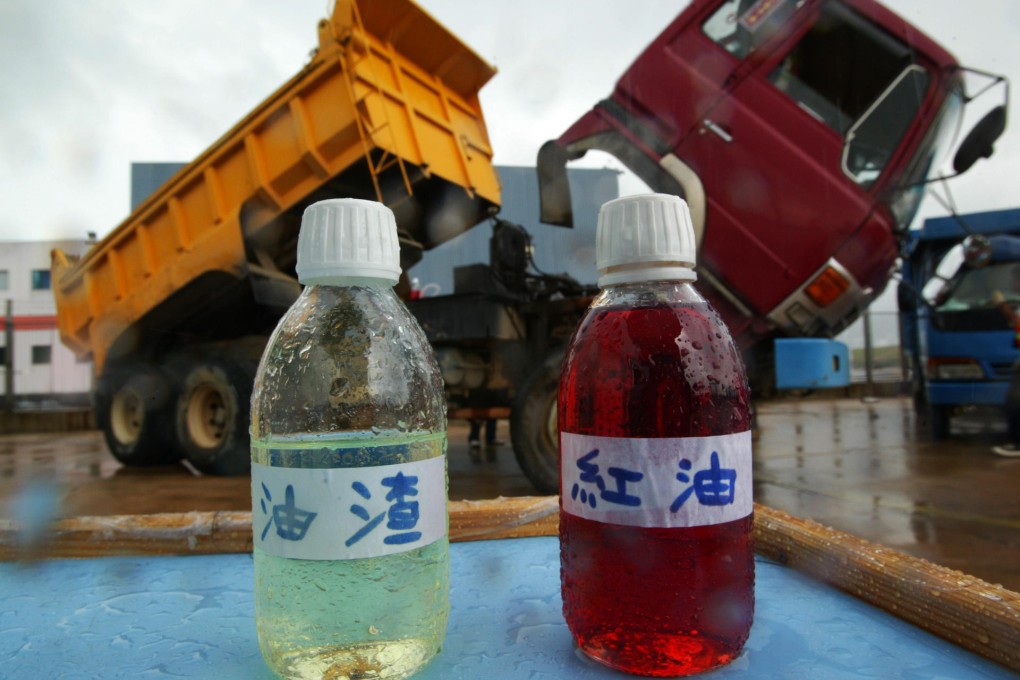Fishing boats in 'smuggle' 600 million litres of fuel
600m litres of oil - 3.8m barrels - smuggled to mainland using 'modified or enlarged fuel tanks' during seven months, court hears

A business that supplied oil to the mainland illegally with the help of modified fishing vessels sold 600 million litres of the contraband during a seven month period, according to seized documents, a court heard yesterday.
The Hong Kong company which sold the fuel, enough to fill roughly 3.8 million barrels, received more than HK$2.6 billion over a similar period, the court was told.
The allegations were heard at the District Court trial of four relatives, and a woman who prosecutors say is the syndicate founder's wife. Brothers-in-law Chung To-chuen and Lee Pak-lam, Chung's wife Sze Mei-mun, Lee's son Lee Wai-fung, and Lai Sheung - who investigators say is the wife of Cheng Kam-shui, who set up the syndicate - stand accused. Cheng is not among the defendants in this trial, which is expected to last 50 days.
The five, aged 27 to 54, face one joint charge of conspiracy to export unmanifested cargo. Seven counts of dealing with property known or believed to represent the proceeds of an indictable offence have also been laid. The laundering charges involve HK$3 billion. They have pleaded not guilty to all charges.
Authorities say Cheng formed the syndicate around 2009 to smuggle marked oil - diesel specified for use in industry or at sea - from Hong Kong to the mainland using the boats. It is illegal to use marked oil in a motor vehicle except those specified by law, or to sell or supply it.
"Fishermen were recruited to sail fishing vessels, which were modified with additional or enlarged fuel tanks, to Hong Kong to collect large amounts of marked oil, which were then transported back to the mainland," Arthur Luk SC told the court.
The fishing boats would collect the oil from barges moored in Hong Kong and pay staff on the barges before taking the cargo to the mainland. "Each trip was made on the instructions of the syndicate on the mainland," Luk told the court, adding later: "The fishing vessels involved were making frequent runs to Hong Kong up to January 2010. Occasionally, one such vessel could make two trips in one day, or otherwise up to 20 trips a month."
